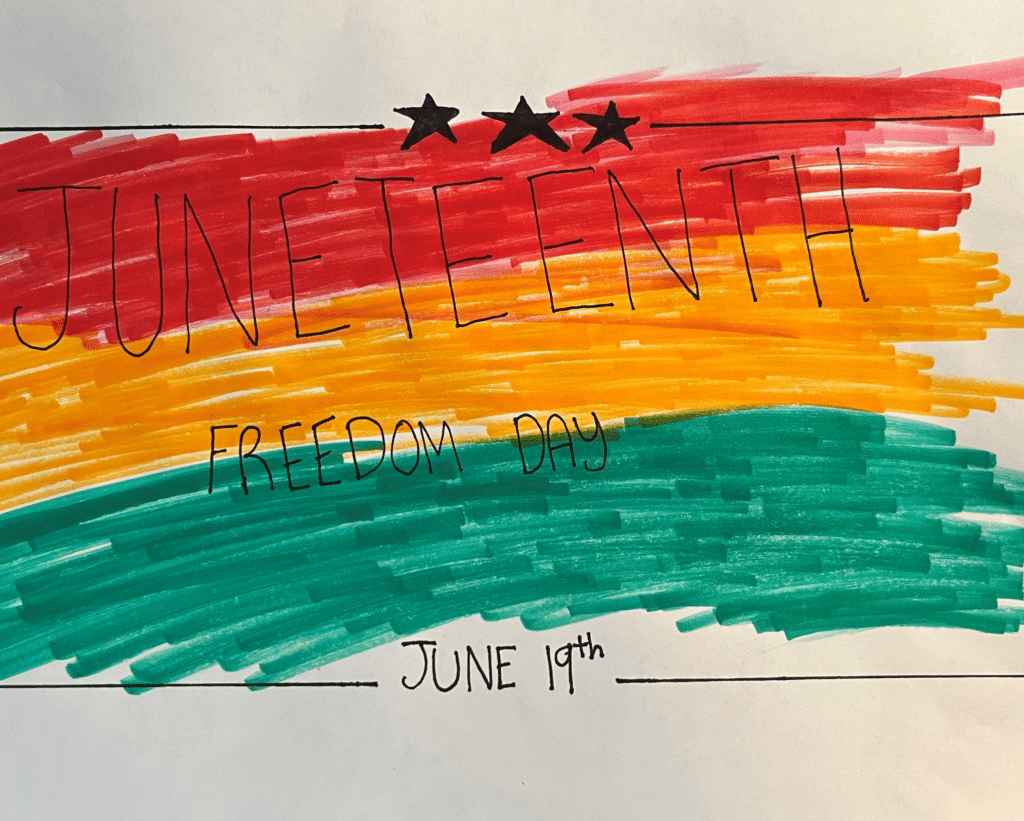Case Brought by Jamal Khashoggi’s Widow Dismissed
Hanan Elatr Khashoggi sued Israeli spyware companies in connection with the death of her husband, journalist Jamal Khashoggi. A critic of the Saudi government, Khashoggi was killed in Istanbul, Turkey at the Saudi Arabian consulate. Last year, Judge John Bates (D.D.C.) dismissed a civil suit against Saudi Crown Prince Mohammed bin Salman on grounds of…
Continue ReadingAudio Content on TLB!
We are beginning to offer audio versions of some posts! We kick off the initiative with John Coyle’s recording of his post A Primer on Choice-of-Law Clauses. Choice of law and choice of law clauses are important issues in any legal system, ones that help students understand both contracts and civil procedure. Now students, foreign…
Continue ReadingProposed Legislation to Amend the Foreign Sovereign Immunities Act
Representatives Adam Schiff, Betty McCollum, and Gerry Connolly have introduced the Jamal Khashoggi Protection of Activists and Press Freedom Act of 2023. The purpose of the legislation is to protect free speech advocates and journalists. The press release announcing the draft legislation notes the murder five years ago of journalist Jamal Khashoggi “at the hands…
Continue ReadingThrowback Thursday: Eighty Years of Ex Parte Republic of Peru
Back in 1943, the Supreme Court issued its opinion in an admiralty case against the Ucayali, a Peruvian steamship. A Cuban company brought the in rem action in a federal district court in Louisiana alleging that the steamship violated a charter agreement by failing to carry a cargo of sugar from Peru to New York….
Continue ReadingConstitutional Issues in the Sudan Claims Resolution Act
District courts and the Court of Appeals for the District of Columbia have recently issued opinions addressing constitutional issues in litigation against Sudan. The United States and the Republic of Sudan signed an agreement (the Claims and Dispute Resolution Agreement) designed to improve diplomatic relations between the two countries, to promote democracy in Sudan, and…
Continue ReadingJia on the U.S.- China Rivalry
Mark Jia has posted an interesting new article on SSRN, American Law in the New Global Conflict. It considers how China has shaped U.S. law historically and how the current rivalry between the U.S. and China will play out for domestic law. The history is fascinating. It discusses not only the racist and xenophobic Chinese…
Continue ReadingUsing TLB to Teach Foreign Relations Law
This post discusses Foreign Relations Law as part of our series explaining how professors can use resources on TLB to teach various classes. Previous posts have discussed Transnational Litigation, Civil Procedure, International Business Transactions, and Conflict of Laws. Although TLB focuses on litigation, and Foreign Relations Law classes cover many topics that are rarely litigated, there is significant…
Continue ReadingSupreme Court decides Yegiazaryan v. Smagin
The Supreme Court just released its opinion in Yegiazaryan v. Smagin. For prior coverage on TLB by Bill Dodge see here, here, here, and here. The issue in the case was whether the plaintiff adequately plead a domestic injury under RICO. The foreign plaintiff alleged that the defendants worked together illegally to frustrate his collection…
Continue ReadingHappy Juneteenth!
Happy Juneteenth! We are celebrating and thinking about the history of this important day, as we hope you will. Regular blogging resumes tomorrow.
Continue ReadingDiscovery and Immunity: LIV v. PGA
The U.S. legal battle between the PGA Tour (Tour) and the upstart rival LIV Golf continues to revolve around discovery. As regular TLB readers know, LIV Golf is a new professional golf tour that competes with the PGA, in part by luring PGA players to play in LIV tournaments. LIV is financed by the Public Investment…
Continue Reading



